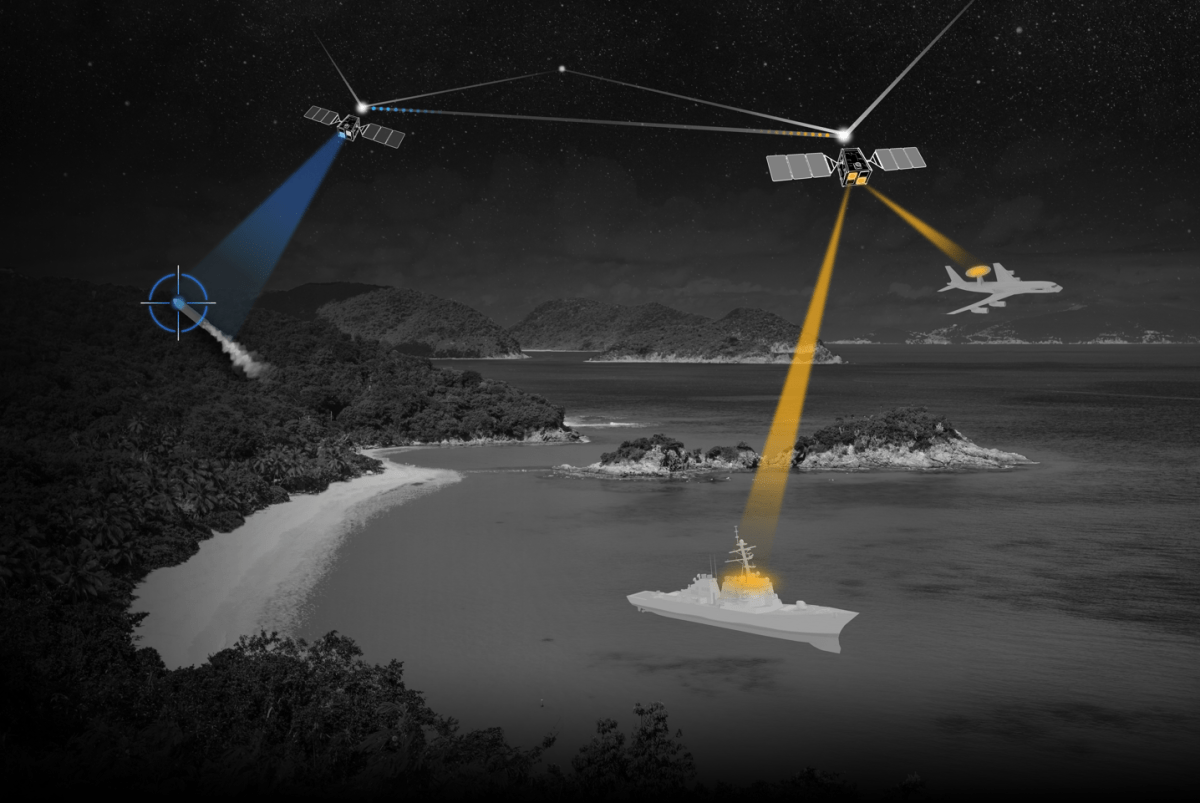
CesiumAstro, a prominent Austin-based developer of sophisticated radio systems for aerospace applications, has recently filed a lawsuit accusing a former executive of sharing trade secrets and confidential information with a rival startup, AnySignal. The lawsuit, lodged in the Western District of Texas under case number 1:24-cv-314, alleges that the leakage of sensitive tech, investor details, and customer information has significantly benefitted AnySignal, a company that emerged from stealth mode just last October.
Cesium, known for its innovative active-phased array and software-defined radio systems used in spacecraft, missiles, and drones, has made considerable strides in advancing satellite communication technology during its seven-year tenure. The company boasts over $100 million in both venture and government funding, which has facilitated the development of a range of products geared towards commercial and defense sectors. Given the niche area it operates within, Cesium has been vigilant about the activities of AnySignal, particularly after losing a sales bid to a key customer and noticing AnySignal’s attempts to engage one of its early investors — incidents specifically highlighted in the lawsuit.
Central to the lawsuit’s claims is Erik Luther, Cesium’s former VP of Product, accused of misappropriating trade secrets and confidential data which he allegedly passed on to AnySignal. Remarkably, Luther’s transition was not directly to AnySignal but to a marketing head position in a different industry, maintaining personal ties with AnySignal’s leadership, including its CEO John Malsbury, a past colleague of Luther’s. The lawsuit contends that these relationships facilitated the illicit sharing of Cesium’s proprietary information.
While AnySignal, an El Segundo-based startup focusing on software-defined radio platforms, was founded by Malsbury and COO Jeffrey Osborne in May 2022, the lawsuit raises doubts about the startup’s speedy development of complex radio technology. According to Cesium, AnySignal’s advancements, attributed to a mere $5 million in investor funding and a small workforce, would have been unattainable without the unauthorized access to Cesium’s technical resources, allegedly facilitated by Luther.
AnySignal’s recently publicized partnership with Vast for developing an advanced communication system for the Haven-1 space station underscores the gravity of the allegations. The lawsuit implies that with Luther’s assistance, AnySignal has positioned itself as a direct competitor in the specialized market for software-defined radios, an arena where CesiumAstro has heavily invested.
Both AnySignal’s CEO and CesiumAstro have refrained from commenting on the lawsuit. However, Luther’s legal representation vehemently denies the allegations, dismissing them as baseless and questioning the lack of substantial evidence linking Luther to AnySignal’s purported use of Cesium’s trade secrets.
The suit and its allegations set the stage for a heated legal battle in the space tech industry, highlighting the fierce competition and the lengths to which companies will go to protect their technological advancements and market position. With both parties standing firm in their positions, the outcome of this lawsuit could have significant implications for the management of intellectual property and competitive conduct in the high-stakes arena of aerospace technology development.
Source






